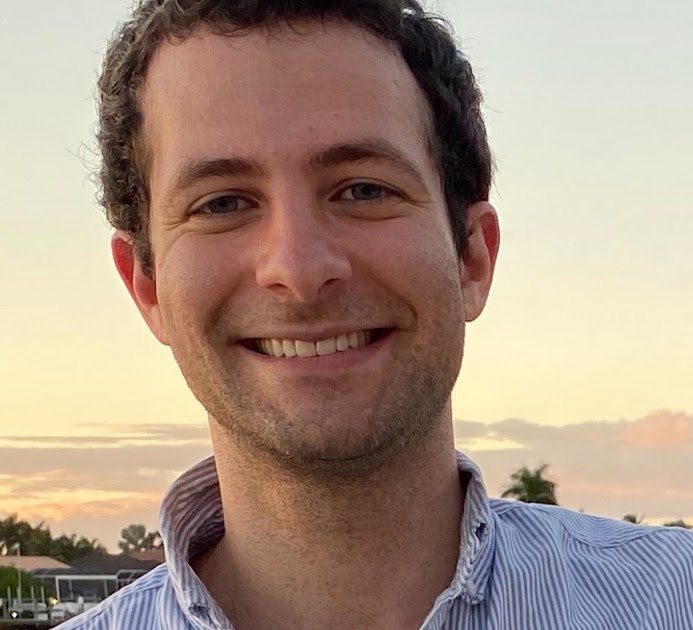
Even as a busy student at Harvard Law School and a teaching assistant, he was involved in anti-war activities, fought against cruelty to animals, and dedicated himself to a host of progressive causes. Yet Tommy Raskin was engaged in politics.

We have to make it clear that part of the solution to despondency is to engage in politics and to fight back. There are comparable numbers in the opioid crisis, the epidemic of alcohol and drug abuse, a staggering mental-health crisis. We’ve lost more than eight hundred thousand people to covid-19 – which means eight hundred thousand grief-stricken families. There are millions of hurting people in the country. Yet I was surprised by the ending of the interview, in which he offered political action as the antidote for the depression that engulfed Tommy and threatens so many other Americans: The interview heralded the January release of Raskin’s new book, “Unthinkable: Trauma, Truth, and the Trials of American Democracy.” Congressman Raskin lives in the milieu of politics and social action. Tommy’s final note also was a nod to his family: “Please look after each other, the animals, and the global poor for me.” Unfortunately, the scourge of young adults committing suicide is a problem much vaster than Raskin’s family and mine.

In his suicide note, he wrote that he did not want to become a burden on his family. As his degenerative disease made him increasingly dependent, Ofer despaired of having a meaningful life. Since both his parents were kibbutzniks, he was raised with the ethic of productivity and independence. Unlike Tommy, who suffered from clinical depression, Ofer suffered a physical malady – Multiple Sclerosis. Suicide is the fourth leading cause of death among 15-19 year-olds. Ofer, like Tommy, had a famous and feted father – Ofer’s father is one of Israel’s leading economists – who is devoted to liberal political causes. Ofer, like Tommy, was close to his parents and two siblings. Ofer, like Tommy, was brilliant and personable. Perhaps I was more vulnerable to be caught in the orbit of Raskin’s grief because just a few days before I had visited the grave of my cousin’s son Ofer, who had also taken his own life, at the age of just 30. His description of 25-year-old Tommy as possessing “a perfect heart, a perfect soul, a riotously outrageous and relentless sense of humor, and a dazzling radiant mind” made the snuffing out of Tommy’s light even more heartbreaking. I was moved by a recent interview with Raskin in The New Yorker. Yet his political career has been overshadowed by the tragic suicide of his beloved son Tommy on the morning of New Year’s Eve last year. A representative from Maryland, he was the lead impeachment manager for the second impeachment of President Donald Trump, and is a member of the Select Committee to Investigate the January 6th Attack on the United States Capitol. Drawing from his first campaign, the curly-haired 54-year-old legislator recalled a pundit saying when he entered the race, his chances of victory were “considered impossible.” Nine months later, after he won with 67 percent of the vote, another pundit told The Washington Post his victory was “inevitable.Jamie Raskin is one of the most prominent members of Congress. “So I went from impossible to inevitable,” he said. “For me, it was a great lesson in politics, because nothing’s impossible, nothing’s inevitable. It’s only possible through the democratic arts of organizing, mobilizing and educating people for change.” Politics in his blood Raskin grew up with politics in his blood. His maternal grandfather, Samuel Bellman, a member of the left-wing Farmer-Labor Party in the 1930s, was the first Jewish person ever elected to the Minnesota state legislature.


His father, Marcus Raskin, was a concert pianist who eventually moved to Washington to work on Capitol Hill. Kennedy administration, before he founded the Institute for Policy Studies, a progressive think-tank.Īs Raskin grew up in a political environment, he became obsessed with the law and enrolled in Harvard Law School. He then taught constitutional law for 25 years. I’ve been deeply enmeshed in the academic world.” “You know, some of these politicians were law professors for about 45 minutes, like Bill Clinton and Barack Obama. When he was elected to the Maryland State Senate in 2006, he could maintain both jobs, as the bicameral legislature is made up of “citizen legislators” who are only in session for a portion of the year. Jamie Raskin speaks during a debate on possible amendments to a gay marriage bill in Annapolis, Md., Thursday, Feb. (AP Photo/Patrick Semansky)īut when he was elected to Congress last November, he had to leave behind his position at American University. That came after a historic election to replace then Rep. Chris Van Hollen, who successfully ran for the Senate.


 0 kommentar(er)
0 kommentar(er)
